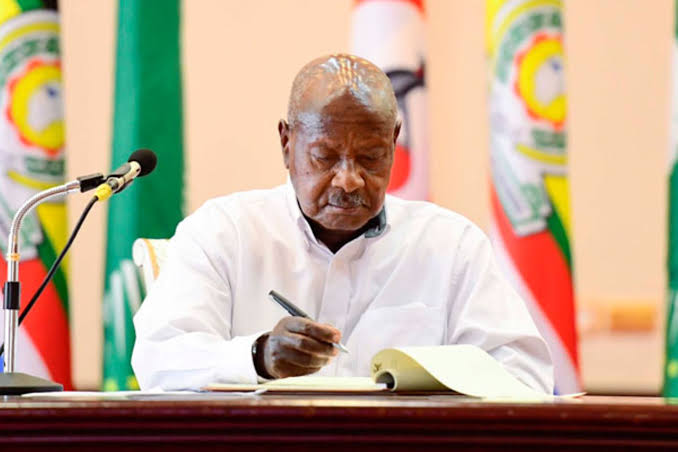
Faith Nyasuguta
Kenya’s President, William Ruto, announced a significant step towards enhancing continental unity and economic growth by abolishing visa requirements for African nationals visiting Kenya.
This move, scheduled to take effect next year, aims to facilitate easier trade and travel within the African continent.
For years, visa requirements, along with high airfares, have acted as substantial barriers to travel for African passport holders, hindering the free movement of people within the continent.
A notable majority of African nations, 32 out of 54, continue to demand visas from the citizens of other African countries, further complicating intra-African travel.
Speaking at a climate change conference in Congo-Brazzaville, President Ruto underlined the significance of this change. He emphasized the need to remove these obstacles and create a more open environment for Africans to explore and do business within their continent. Ruto noted that African children should not be confined by borders within Africa or in Europe.
Kenya’s decision aligns with similar moves by a handful of other African nations, including the Gambia, Benin, and Seychelles. Seychelles, an island nation heavily reliant on tourism, was the trailblazer in 2016 by offering visa-free access to all Africans.
Ruto emphasized that eliminating these barriers is crucial to facilitate the implementation of the African Continental Free Trade Area (AfCFTA). The AfCFTA is a continental initiative aimed at promoting intra-African trade by removing trade barriers and encouraging the free movement of goods, services, people, and ideas across Africa.
The African Union has been actively advocating for African countries to reduce travel restrictions. In 2016, they introduced the “AU passport” to enable unrestricted travel for African citizens within the continent, although its usage has been limited primarily to diplomats and high-ranking officials.
Historically, concerns about crime and security have contributed to the slow pace of change in travel regulations within Africa.
However, the 2022 Africa Visa Openness Report suggests that most African countries have been working on simplifying entry procedures, and there has been a notable increase in the number of nations offering e-visas.

Kenya’s announcement has been met with enthusiasm from Africans across the continent, with many expressing hope that other countries will follow suit.
The move towards free movement within the African continent is seen as a crucial priority to boost economic growth and cooperation among African nations. It reflects a significant step towards a more integrated and interconnected Africa, where trade and travel can flourish unimpeded by excessive bureaucracy.
RELATED:




